Education is gearing towards preparing individuals to live in together since ancient times. However, the nation of "Learning to live together" is clearly shaped only very recently by the UNESCO’s International Commission on Education for the twenty-first century. The commission emphasised that education for the 21 century based on four pillars, namely, learning to know, learning to do, learning to be, and learning to live together. The first three pillars are essential for the sound development of persons, communities or individual nations, but the fourth pillar, learning to live together, is of a different, more global nature: its omission may result in the annihilation of all other educational, cultural, health and developmental efforts through war, terrorism, deterioration of resources, pandemics, etc. The theme for which the UNESCO convened from 5 to 8 September 2001 in Geneva the 46 Session of the International Conference on Education (ICE), organised by the UNESCO’s International Bureau of Education, was "Education for all for learning to live together. Contents and learning strategies–problems and solutions". The ICE brought together over 600 participants from 127 countries, including in particular 80 ministers and 10 vice-ministers of education, as well as representatives of Inter-Governmental and Non-Governmental Organisations. The themes of ICE are very relevant all over the world with regard to the necessity and complexity of living together as well as the role and limitations of education in this respect.
Rights of the Disabled Persons
$75.60
$84.00

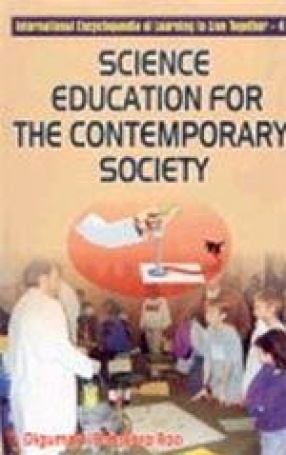
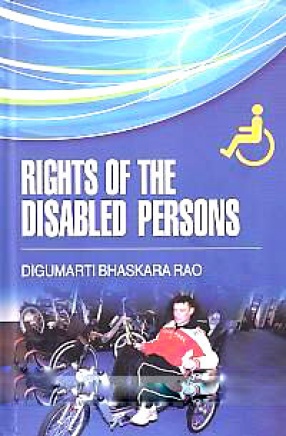
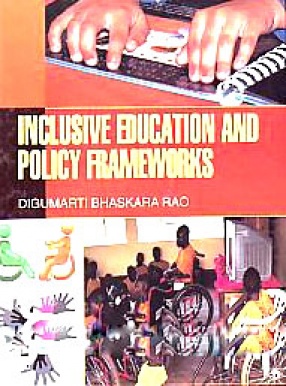
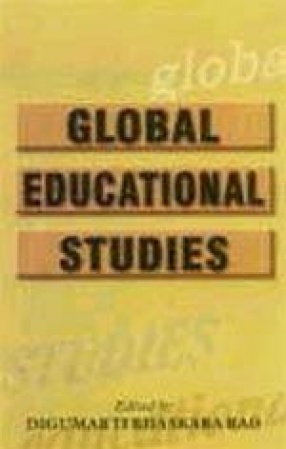
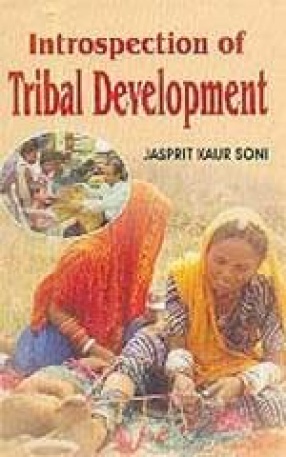
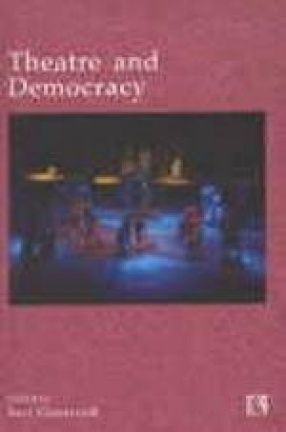
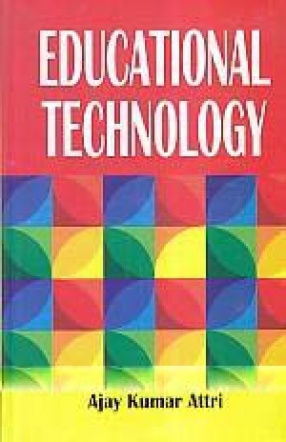
There are no reviews yet.